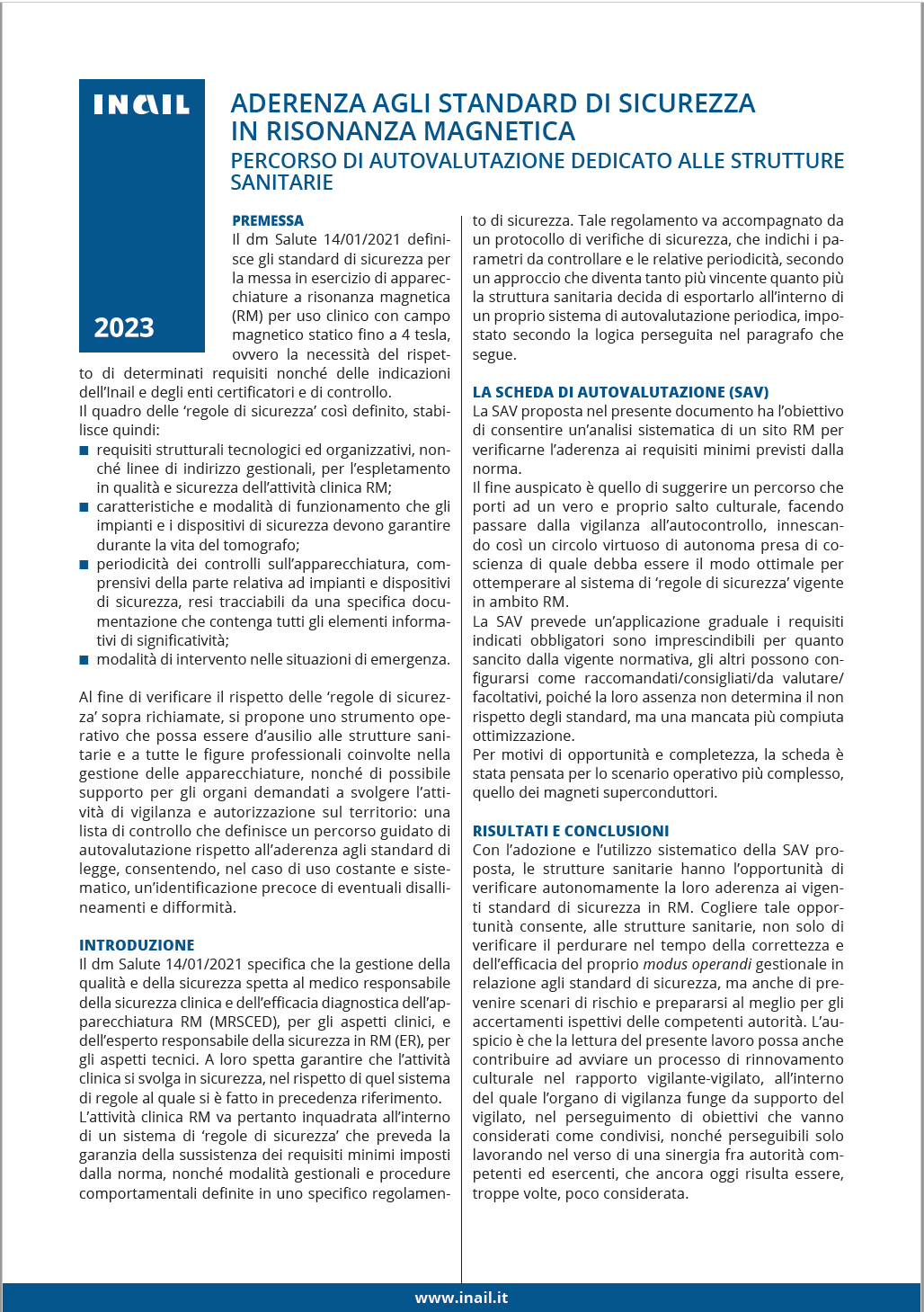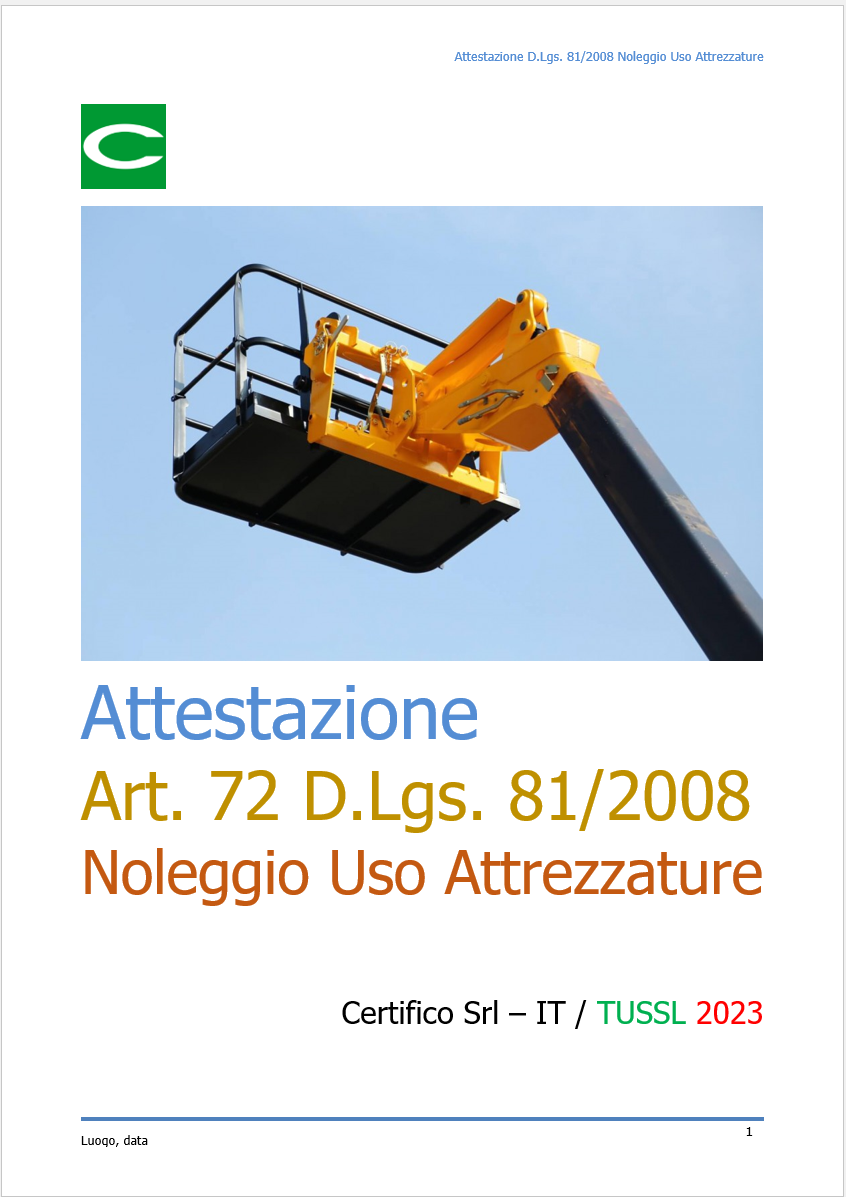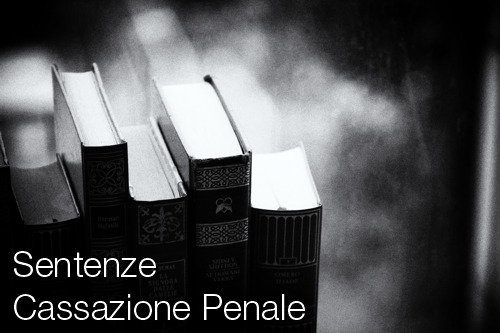// Documenti disponibili n: 46.322
// Documenti scaricati n: 36.182.947
Protocollo alla Convenzione sulle ispezioni 81/1947 - Integrazione 22 giugno 1995
Entrata in vigore: 9 giugno1998
Ratifica: Non ratificato dall'Italia
Geneva, 22 giugno 1995
The General Conference of the International Labour Organization,
Having been convened at Geneva by the Governing Body of the International Labour Office and having met in its Eighty-second Session on 6 June 1995, and
Noting that the provisions of the Labour Inspection Convention, 1947, apply only to industrial and commercial workplaces, and
Noting that the provisions of the Labour Inspection (Agriculture) Convention, 1969, apply to workplaces in commercial and non-commercial agricultural undertakings, and
Noting that the provisions of the Occupational Safety and Health Convention, 1981, apply to all branches of economic activity, including the public service, and
Having regard to all the risks to which workers in the non-commercial services sector may be exposed, and the need to ensure that this sector is subject to the same or an equally effective and impartial system of labour inspection as that provided in the Labour Inspection Convention, 1947, and
Having decided upon the adoption of certain proposals with regard to activities in the non-commercial services sector, which is the sixth item on the agenda of the session, and
Having determined that these proposals shall take the form of a Protocol to the Labour Inspection Convention, 1947,
adopts this twenty-second day of June of the year one thousand nine hundred and ninety-five the following Protocol, which may be cited as the Protocol of 1995 to the Labour Inspection Convention, 1947:
PART I. SCOPE, DEFINITION AND APPLICATION
Article 1
1. Each Member which ratifies this Protocol shall extend the application of the provisions of the Labour Inspection Convention, 1947 (hereunder referred to as "the Convention" ), to activities in the non-commercial services sector.
2. The term "activities in the non-commercial services sector" refers to activities in all categories of workplaces that are not considered as industrial or commercial for the purposes of the Convention.
3. This Protocol applies to all workplaces that do not already fall within the scope of the Convention.
Article 2
1. A Member which ratifies this Protocol may, by a declaration appended to its instrument of ratification, exclude wholly or partly from its scope the following categories:
(a) essential national (federal) government administration;
(b) the armed services, whether military or civilian personnel;
(c) the police and other public security services;
(d) prison services, whether prison staff or prisoners when performing work, if the application of the Convention to any of these categories would raise special problems of a substantial nature.
2. Before the Member avails itself of the possibility afforded in paragraph 1, it shall consult the most representative organizations of employers and workers or, in the absence of such organizations, the representatives of the employers and workers concerned.
3. A Member which has made a declaration as referred to in paragraph 1 shall, following ratification of this Protocol, indicate in its next report on the application of the Convention under article 22 of the Constitution of the International Labour Organization the reasons for the exclusion and, to the extent possible, provide for alternative inspection arrangements for any categories of workplaces thus excluded. It shall describe in subsequent reports any measures it may have taken with a view to extending the provisions of the Protocol to them.
4. A Member which has made a declaration referred to in paragraph 1 may at any time modify or cancel that declaration by a subsequent declaration in accordance with the provisions of this Article.
Article 3
1. The provisions of this Protocol shall be implemented by means of national laws or regulations, or by other means that are in accordance with national practice.
2. Measures taken to give effect to this Protocol shall be drawn up in consultation with the most representative organizations of employers and workers or, in the absence of such organizations, the representatives of the employers and workers concerned.
PART II. SPECIAL ARRANGEMENTS
Article 4
1. A Member may make special arrangements for the inspection of workplaces of essential national (federal) government administration, the armed services, the police and other public security services, and the prison services, so as to regulate the powers of labour inspectors as provided in Article 12 of the Convention in regard to:
(a) inspectors having appropriate security clearance before entering;
(b) inspection by appointment;
(c) the power to require the production of confidential documents;
(d) the removal of confidential documents from the premises;
(e) the taking and analysis of samples of materials and substances.
2. The Member may also make special arrangements for the inspection of workplaces of the armed services and the police and other public security services so as to permit any of the following limitations on the powers of labour inspectors:
(a) restriction of inspection during manoeuvres or exercises;
(b) restriction or prohibition of inspection of front-line or active service units;
(c) restriction or prohibition of inspection during declared periods of tension;
(d) limitation of inspection in respect of the transport of explosives and armaments for military purposes.
3. The Member may also make special arrangements for the inspection of workplaces of prison services to permit restriction of inspection during declared periods of tension.
4. Before a Member avails itself of any of the special arrangements afforded in paragraphs (1), (2) and (3), it shall consult the most representative organizations of employers and workers or, in the absence of such organizations, the representatives of the employers and workers concerned.
Article 5
The Member may make special arrangements for the inspection of workplaces of fire brigades and other rescue services to permit the restriction of inspection during the fighting of a fire or during rescue or other emergency operations. In such cases, the labour inspectorate shall review such operations periodically and after any significant incident.
Article 6
The labour inspectorate shall be able to advise on the formulation of effective measures to minimize risks during training for potentially hazardous work and to participate in monitoring the implementation of such measures.
PART III. FINAL PROVISIONS
Article 7
1. A Member may ratify this Protocol at the same time as or at any time after its ratification of the Convention, by communicating its formal ratification of the Protocol to the Director-General of the International Labour Office for registration.
2. The Protocol shall come into force 12 months after the date on which ratifications of two Members have been registered by the Director-General. Thereafter, this Protocol shall come into force for a Member 12 months after the date on which the ratification has been registered by the Director-General and the Convention shall then be binding on the Member concerned with the addition of Articles 1 to 6 of this Protocol.
Article 8
1. A Member which has ratified this Protocol may denounce it after the expiration of ten years from the date on which the Protocol first comes into force, by an act communicated to the Director-General of the International Labour Office for registration. Such denunciation shall not take effect until one year after the date on which it is registered.
2. Each Member which has ratified the Protocol and which does not, within the year following the expiration of the period of ten years mentioned in the preceding paragraph, exercise the right of denunciation provided for in this Article, will be bound for another period of ten years and, thereafter, may denounce this Protocol at the expiration of each period of ten years under the terms provided for in this Article.
Article 9
1. The Director-General of the International Labour Office shall notify all Members of the International Labour Organization of the registration of all ratifications and denunciations of this Protocol.
2. When notifying the Members of the Organization of the registration of the second ratification of this Protocol, the Director-General shall draw the attention of the Members of the Organization to the date upon which the Protocol will come into force.
3. The Director-General shall communicate full particulars of all ratifications and denunciations of this Protocol to the Secretary-General of the United Nations for registration in accordance with Article 102 of the Charter of the United Nations.
Article 10
The English and French versions of the text of this Protocol are equally authoritative.

ID 20340 | 05.09.2023 / In allegato
Aderenza agli standard di sicurezza in risonanza magnetica: percorso di autovalutazione dedicato alle strut...

ID 552 | 08.05.2023 / Documentazione e modello .doc/pdf di attestazione in allegato
L'aggiornamento a...

Penale Sent. Sez. 4 Num. 40702 Anno 2016
Presidente: BIANCHI LUISA
Relatore: CIAMPI FRANCESCO MARIA
Data Udienza: 03/05/2016
Fatto
1. Con l'imp...
Testata editoriale iscritta al n. 22/2024 del registro periodici della cancelleria del Tribunale di Perugia in data 19.11.2024